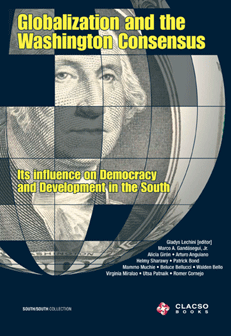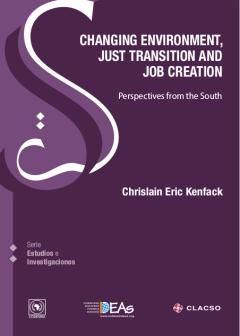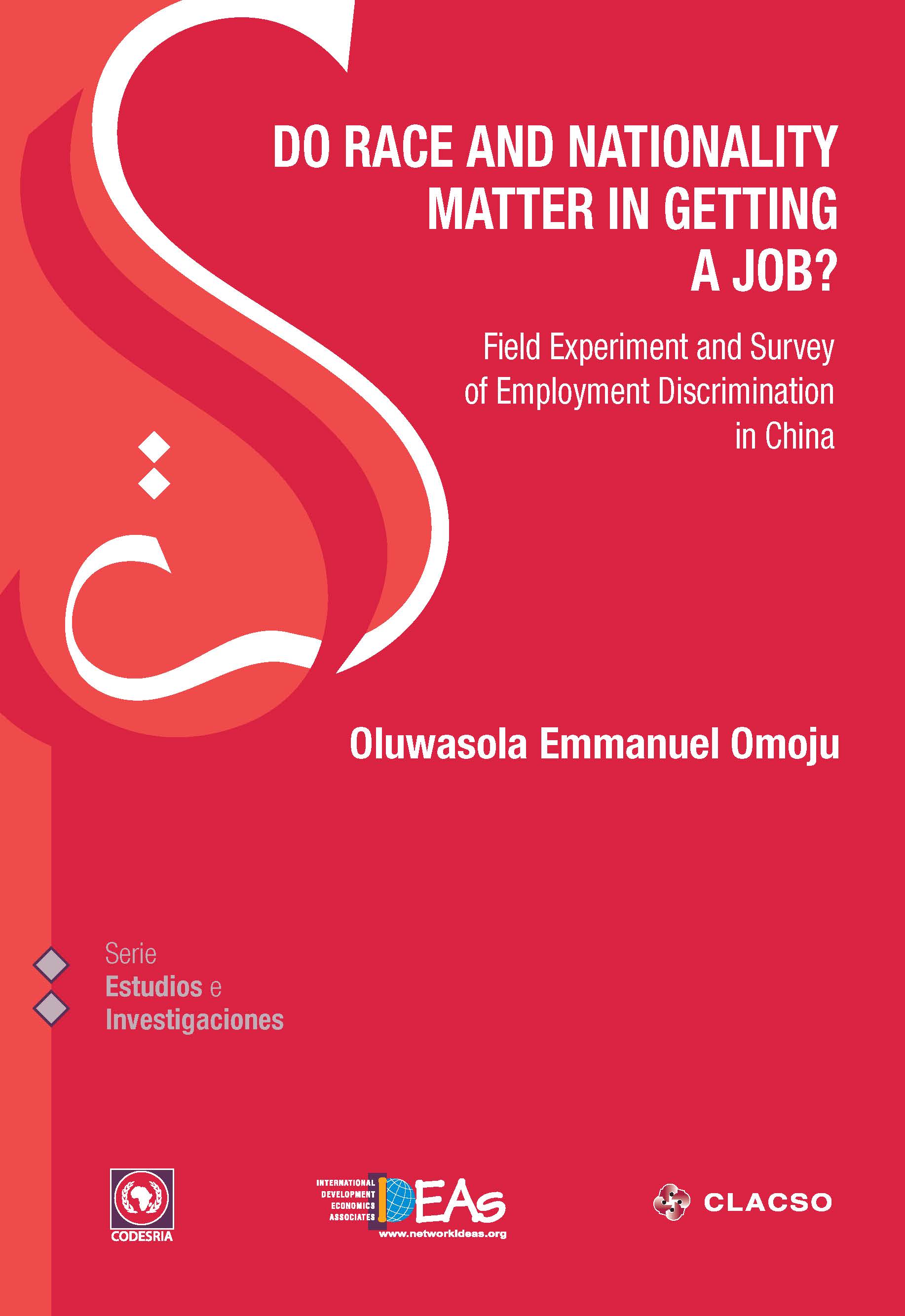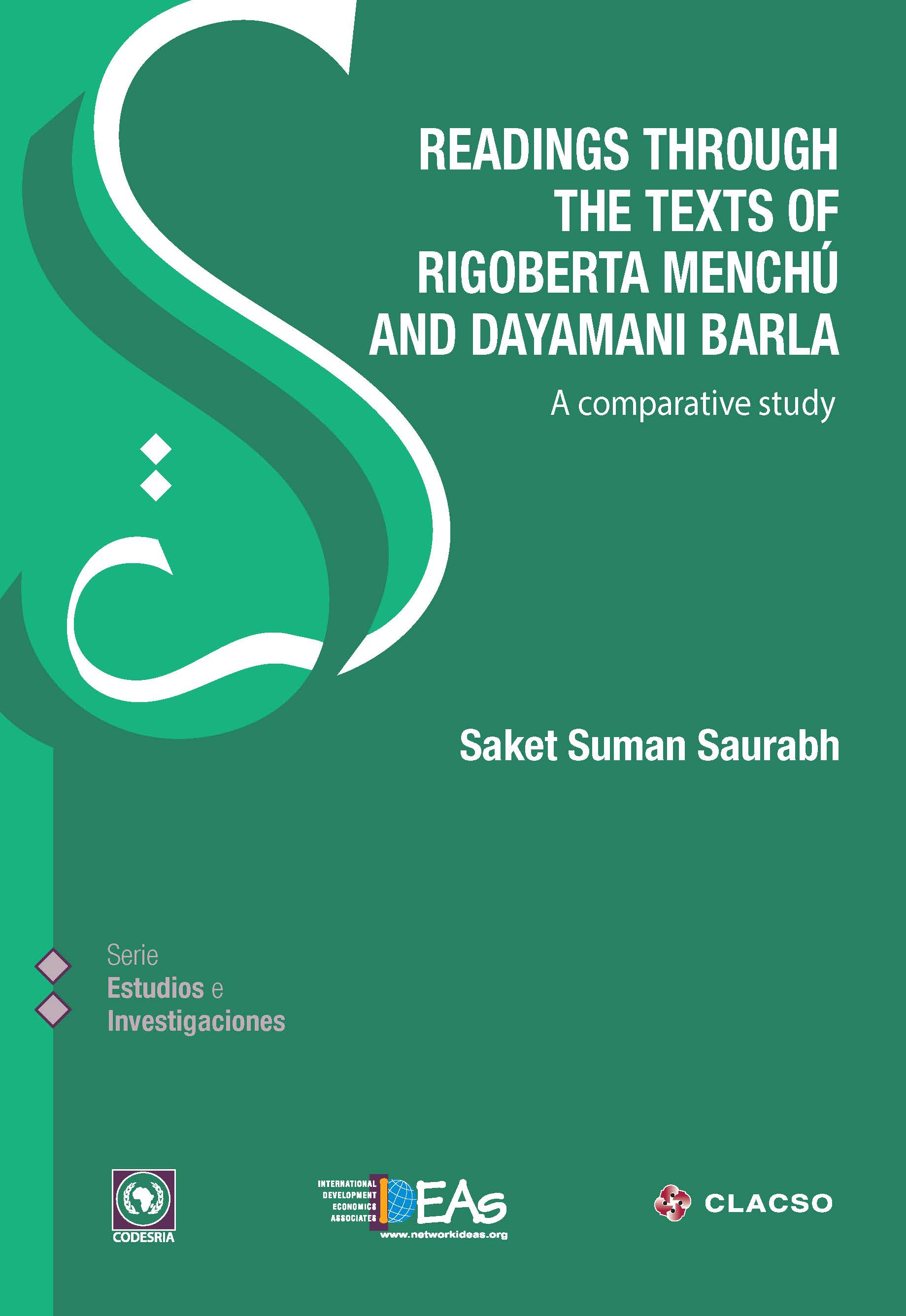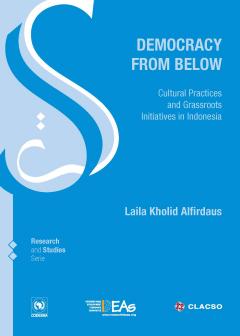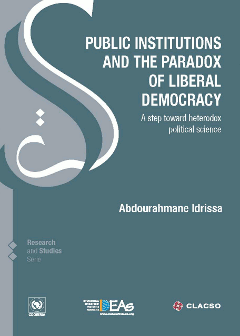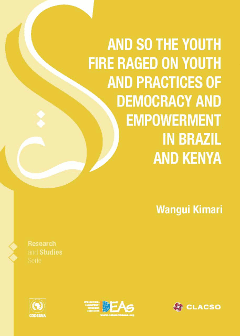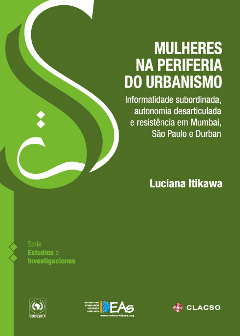- Sur-Sur.
Globalization and the Washington Consensus
Its influence on Democracy and Development in the South
Marco A. Gandásegui, hijo. Alicia Girón. Arturo Anguiano. Helmy Sharawy. Patrick Bond. Mammo Muchie. Beluce Bellucci. Walden Bello. Virginia Miralao. Utsa Patnaik. Romer Cornejo. [Autores/as de Capítulo]
Compartir:
From the early 1980s, the policies of structural adjustment were introduced in the South as an all-embracing framework for “reform” to overcome their historical problems of development. But, rather than helping to solve them, the orthodox recipes of stabilization and structural adjustment became major factors in the dynamics of crises and decline experienced in most countries of the South, reinforcing existing difficulties and introducing new ones of their own.
In this adjustment process a key instrumental dual role was played by the International Financial Institutions (IFIs) –on the one hand, an economic role, forcefully promoting and implementing the neoliberal agenda in a whole range of markets and economic institutions; on the other hand, a political role, helping to “discipline and align” restive national governments within the narrow limits established by the Washington Consensus.
Within this context, these financial institutions became critical avenues for the overwhelming predominance of an international hegemonic structure –led by global dominant economic and political forces– into the policy-making and the domestic agenda of supposedly sovereign states, causing new forms of subordination and control. Thus, the abandonment of these orthodox policies has become a crucial matter for the future of democracy and development in the South.
With these challenging topics in mind, scholars from Africa, Asia and Latin America met in Caracas to discuss the general issues concerning the global processes and the role of international financial institutions in shaping the new international structure. They also examined more specific problems related to the impact of the structural adjustment policies on poverty and social exclusion and the difficult task of bringing about the reconciliation of democracy and development in the three regions, dealing with the concrete examples of Mexico, Ethiopia, Mozambique, India, Philippines, China and Taiwan.
In this adjustment process a key instrumental dual role was played by the International Financial Institutions (IFIs) –on the one hand, an economic role, forcefully promoting and implementing the neoliberal agenda in a whole range of markets and economic institutions; on the other hand, a political role, helping to “discipline and align” restive national governments within the narrow limits established by the Washington Consensus.
Within this context, these financial institutions became critical avenues for the overwhelming predominance of an international hegemonic structure –led by global dominant economic and political forces– into the policy-making and the domestic agenda of supposedly sovereign states, causing new forms of subordination and control. Thus, the abandonment of these orthodox policies has become a crucial matter for the future of democracy and development in the South.
With these challenging topics in mind, scholars from Africa, Asia and Latin America met in Caracas to discuss the general issues concerning the global processes and the role of international financial institutions in shaping the new international structure. They also examined more specific problems related to the impact of the structural adjustment policies on poverty and social exclusion and the difficult task of bringing about the reconciliation of democracy and development in the three regions, dealing with the concrete examples of Mexico, Ethiopia, Mozambique, India, Philippines, China and Taiwan.
Detalle
- ISBN:978-987-1183-91-3
- Editorial/es:CLACSO.
- Ciudad de edición:Buenos Aires.
- Fecha de publicación:Junio de 2008

